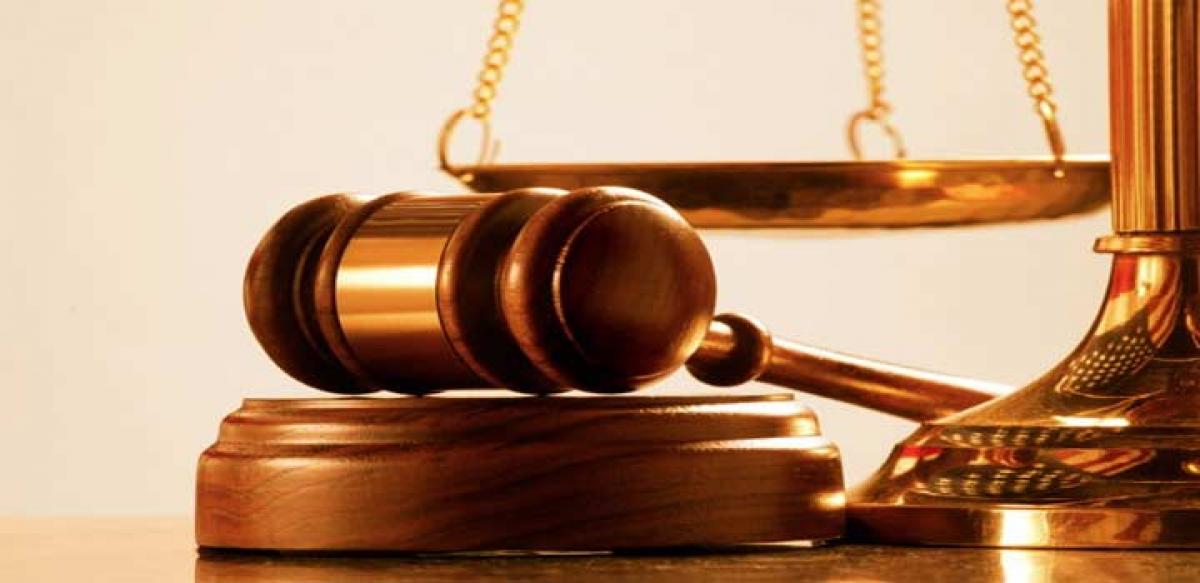Just In

Indian education system needs to be overhauled. The future of the society is often dependent upon the youth it nurtures. The nation – given to symbol – celebrate teachers day. In the times we live Dr Sarvepalli Radhakrishna is hardly remembered.
The future of the society is often dependent upon the youth it nurtures. The nation – given to symbol – celebrate teachers day. In the times we live Dr Sarvepalli Radhakrishna is hardly remembered.

I am a tad surprised that there is no move to alter the teacher’s day to the birthday of another President. It was shocking to read that every day, students found it appropriate to physically assault the principal of the university college.
The act is not an isolated event at the campus. Sometime ago, a national channel chose the wonderful OU campus for a backdrop for a debate on the elections.
The ‘showstopper’ trooped in to edit and direct the talk show with their justified demands. Thankfully a heavy drizzle got the speakers into a waiting van to save the day – and the repute of the city.
While it would be tempting to blame the student community for its apparent lack of discipline, a more serious look into us may reveal more honest conclusions on our education system.
Our constitution provides, “The state shall within the limits of its economic capacity and development make effective provision for securing the right to work to education and to public assistance…..”.
While the language is couched in a huge buffer zone of “within limits of economic capacity and development”, there is no gain saying that it is a part of state function to see that its citizenry is equipped for the morrow.
It is in this context that we have failed and failed largely in creating a work force backed with moral values. The I Me Myself pattern replacing the large area of ‘value system’ is a poor reflection of how Indian education has carved character.
India makes a very visible entry in the area in 2009 with the The Right of Children to Free and Compulsory Education Act. The intent of the statute is to “Provide free and compulsory education to children of the age of six to fourteen years.”
Interesting and not surprisingly the Act defines elementary education as education from first class to eight class but does not define education. Therefore the Act kick starts a process without defining its goals.
At a time when scarce resources stare at governments and honesty of the institution is a huge question mark, it makes sense to make a quiet exit and leave education to the players in the field and ensure a broad supervision.
However governments hate to let go. Having tasted blood they seem this as another area where muscle flexing is a possibility and power displayed. Resultantly all levels and fields have been a casualty.
Governments have interfered to the peril of both the structure and content of education leaving huge holes in the process. At primary education, it has yet to achieve on its own the goals it set under the statute.
Yet it never tires of playing big brother with players in the field. They have been breathing excessively at schools and the admission making process. When a senior government officer fails to get admission for a distant kin in a famous school the school management can be rest assured of a notice from a DEO.
This is power and a clear message that you must play the game according to those to set the rules. It comes a full circle when these boys grow up. Now power speaks a different language . They can beat up a Principal. Whither education? Overzealous governments only pushes education further down the abyss.
By L Ravichander
| Stay updated on the go with The Hans India News App. Click the icons to download it for your device. |

© 2024 Hyderabad Media House Limited/The Hans India. All rights reserved. Powered by hocalwire.com







